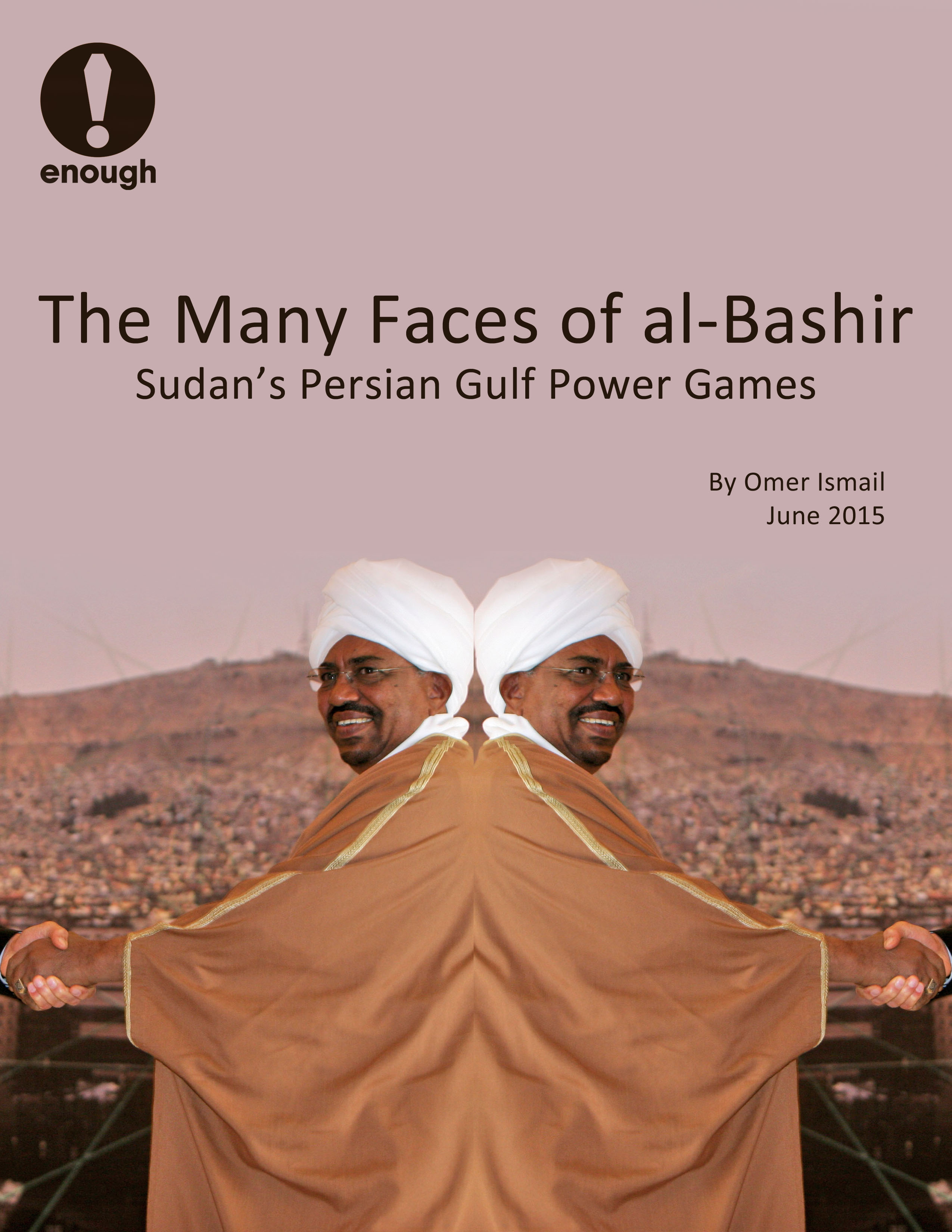
Executive Summary
Recent shifts in the politics of the Persian Gulf could benefit the ruling coterie in economically isolated and politically ostracized Sudan. Sudan’s inclusion in the broader Arab coalition against the Houthis in Yemen, the recent agreement in April on a framework for a nuclear deal to be finalized between Iran, the United States, and others, and the rapprochement between Ethiopia and Egypt sealed by the Nile waters agreement, all dramatically alter Sudanese President Omar al-Bashir’s view of his opportunities. At first glance, these evolving relationships may make it harder for American policymakers, who are now part of the same fighting coalition as Sudan in Yemen, to exercise pressure on Sudan’s ruling National Congress Party (NCP). However, Western diplomats are not without options. Sudan’s growing economic dependence on Persian Gulf countries means that those countries now have even more leverage to press the NCP to agree to the political reforms and the negotiated compromises with the opposition that are needed to forge a lasting peace. American policymakers seeking to influence outcomes in Sudan should take advantage of their strong ties with the Gulf and the Gulf’s strong ties to Sudan.
Sudan’s traditionally strong relationships with Persian Gulf countries, particularly Iran, Saudi Arabia, and Qatar, have been a cornerstone of foreign policy in Khartoum for decades. Sudan’s relations with the Arab Gulf countries have seen ebbs and flows over time, but Sudanese leaders have historically placed a premium on strong bilateral relations with those states. Although Iran, Qatar, the United Arab Emirates, and Saudi Arabia have been at odds with one another on many issues, Sudan’s leaders have managed to maintain fruitful relations with all sides. According to a leaked transcript of internal government deliberations, Sudan’s Director General of Intelligence and Security Gen. Siddiq Amer allegedly suggested that “the Arab World got divided into two [axes] or alliances, the Resistance axis and the Moderate axis. We must have a foot hold in both camps.” This two-faced approach to foreign relations has become Sudan’s signature geopolitical move. In Libya, Sudan and Qatar have collaborated militarily in their support to Islamist rebels for years. Then, in 2014, after joint Emirati and Egyptian airstrikes on those same rebels, the Sudanese government publicly pledged its support to Libya’s internationally recognized government. Similarly, Sudan first worked with Iran to channel support to the Houthis in Yemen, but then Sudan reversed its policy and joined the Saudi coalition.
Note: One company named in this report, Kaloti Precious Metals, had a statement regarding the report. Please find that statement here.

